Jun 30, 2025
8 Habits That Immediately Improve Your Diligence – Part II
DiligenceResources
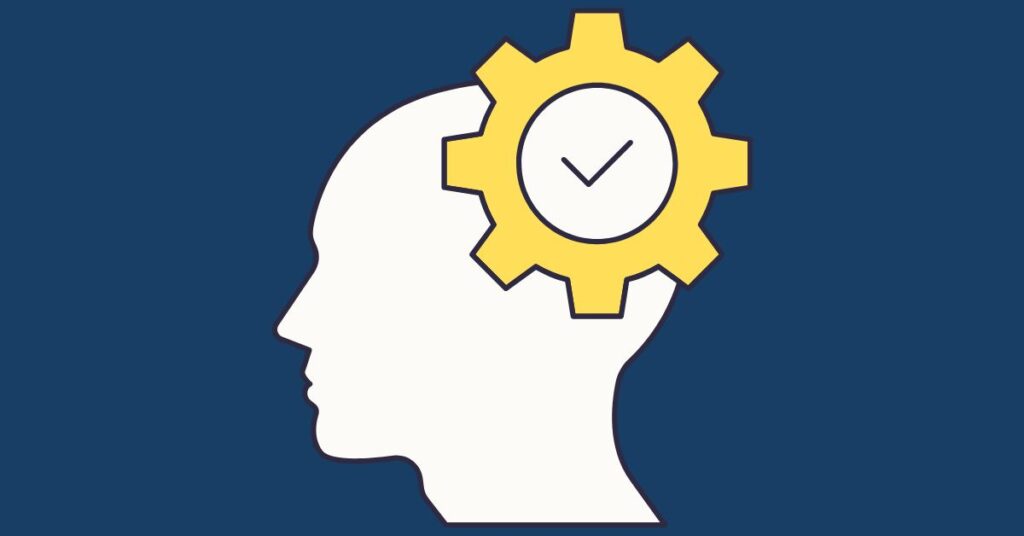
Strengthening your diligence takes more than sharp analysis—it takes habit. Here are four more behaviors that build independence, intuition, and discipline. Practice them consistently, and your diligence will hold up—even under pressure.
4 More Habits to Bolster Your Diligence
Part I, focused on habits that ground a strong diligence practice: checking your work, applying healthy skepticism, spotting yellow flags, and making sure you understand what’s in front of you. Those four habits help you notice more. The next four help you respond better.
In Part II, we cover four additional habits that reinforce independence, intuition, discipline, and pace—each one designed to strengthen your diligence under pressure:
- Don’t go with the flow – Resist momentum. Think for yourself.
- Consider your gut – Pay attention to discomfort—it’s often a clue.
- Record as you go – Don’t rely on memory. Capture what you learn in real time.
- Slow down – Diligence is rarely perfect or complete on the first pass, give yourself a break.
These habits help you stay alert, stay focused, and stay in control—no matter the pace or pressure of the project.
Let’s look at each one more closely.
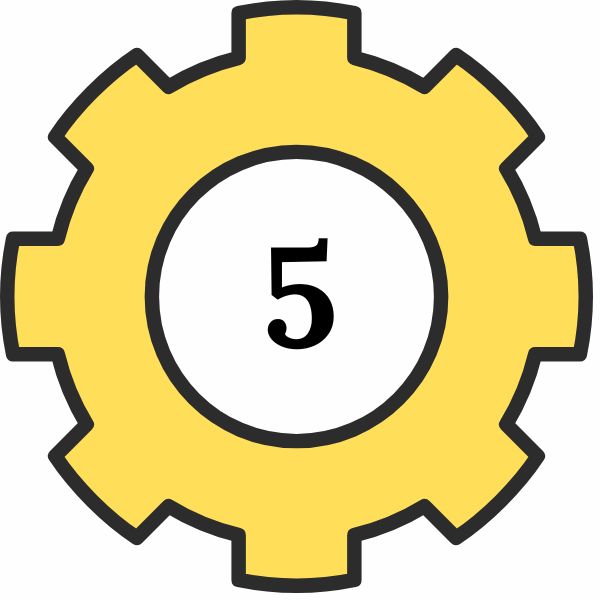
Don’t Go With the Flow
To follow your own path rather than going with the flow is challenging.
The Cambridge Dictionary definition of – Go with the flow is: “to do what other people are doing or to agree with other people because it is the easiest thing to do: Just relax and go with the flow!”
Taking a path or reaching a conclusion because it is easy, is flawed diligence. The goal of diligence is clarity and when you surrender or suspend your own judgement and go with the flow, you are not using your own learning, experience or knowledge.
I was lucky to learn this lesson early. When I was a junior associate in a law firm. I participated in a call with senior lawyers and accountants. They were working on a deal structure for a private equity transaction. The accountants provided key tax advice. A week later we had another call with mostly the same participants. But on this call I thought I heard the accountants contradict the advice provided the prior week. I didn’t know which version was correct but I was pretty sure we had received contradictory advice. My first thought was – “I’m so junior maybe I should go with the flow and not cause a problem, I must be wrong.”
That thought lasted for 5 minutes, I didn’t go with the flow. Even if I was wrong I needed to understand the advice (Habit #4 Make Sure You Understand). I told the senior partner what I understood from the first call and why I thought the advice was contradicted in the second call. He was grateful because once I reminded him of the first call he agreed with me. He called the accounting firm and asked for clarification. They apologized, they misspoke on the second call. Mistakes happen. If I had gone with the flow, the mistake would be have surfaced but it would have called into question the competency of our team.
What to do? – I learned important lessons:
- Trust yourself
- Ask questions if you don’t understand
- Don’t go with the flow even when the flow are senior people and subject matter experts
The only time you go with the flow is if you believe the flow is correct based on your on research, experience and analysis.
Going with the flow may be easy but it is not diligence.
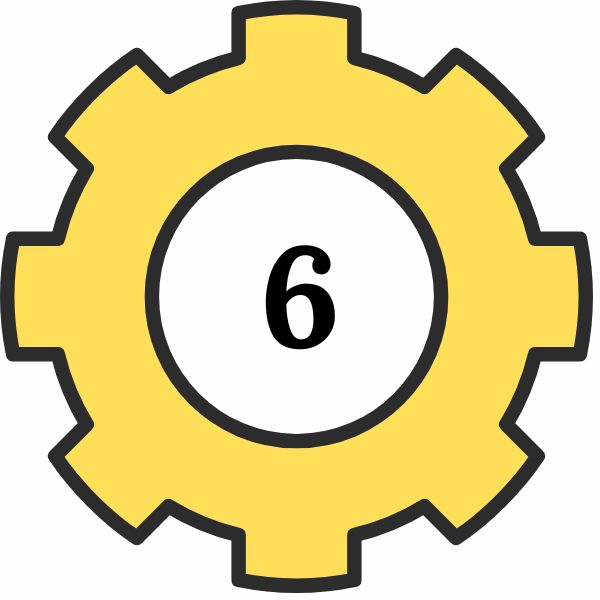
Consider Your Gut
Call it intuition, sixth sense, your unconscious self, however you want to define or describe that nagging feeling, the physical reaction or little voice in your head that signals something isn’t right, something is missing, someone is lying. Don’t dismiss that reaction, instead recognize it as a sign that you need to keep doing diligence.
Your intuition is a not magic, it is a scientifically studied and recognized source of information. This article in Psychology Today, Intuition: What It Is and How It Works Examining the research on the biological basis of intuition provides a brief summary of some scientific studies relating to intuition.
And intuition isn’t just regarded as a vague concept, it has been studied in relation to business decision making. This Harvard Business Publishing Corporate Learning Blog post – Data and Intuition: Good Decisions Need Both provides a brief explanation of the interaction between data based decision making and intuition based decision making.
What to do – Here are some suggestions:
- Recognize your intuitive signals. People have different reactions, only you can identify your intuitive signals.
- Understand the meaning of the signals by developing a set of questions that help you identify the reasons for your reaction. For example, are you unsure, confused, wary, repelled? Do the signals mean that you are confident, clear, assured of your work.
- Appropriate Action – have a checklist of appropriate responses based on meaning. Do you need to do more research, are you avoiding an unpleasant conversation that must take place, should you brainstorm or discuss your thoughts with other people.
Intuition can be a very useful but only if you take the time and make the effort to recognize, understand, evaluate and if necessary resolve your intuitive signals so that your diligence project benefits from your intuition.
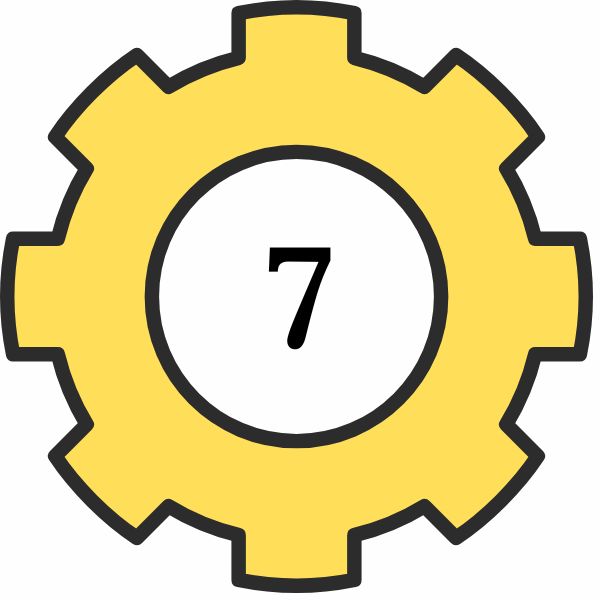
Document As You Go Along
Here is more classroom advice,”write it down as you go along” something my teachers repeated often. They wanted us to take notes, copy quotes and record as you found the information. It is much easier to do when it is fresh on the page, the screen or in your mind.
If you ever had to reconstruct a thought process, research or even a strategy months or years after you finished the work you know how nerve wracking it can be. And if you had to do it in response to a regulator or an auditor you know the pressure, even if you know that everything you did was correct! I have participated in audits in which the auditors have had no issue with the conclusions but criticized the fact that they could not see the thought process or approval process documented in the files even though there were no errors and no requirement that the approval process be documented for their review.
What to do – Here are some suggestions you can:
- Record by writing or typing but you can also take a screen shot, bookmark a URL, copy a citation, speak into a voice recorder, clip information into a note or database application.
- Create templates and forms that you use as a prompt to record the information and as a way to keep the collection of materials uniform.
- Err on the side of keeping too much during the actual diligence process with the idea that at the end of the project you will go back and review, structure and edit your materials.
I do have one qualification – be familiar with your institution/department/team rules around documentation and retention. For example, some institutions will have strict rules relating to what type of documentation is kept, the format and the time periods for retention. These rules are usually a reflection of legal, regulatory and compliance requirements.
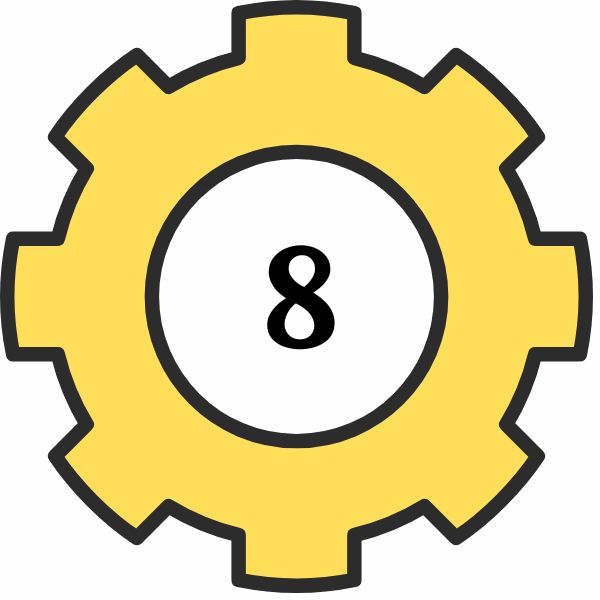
Slow Down – At Least A Little
The early bird catches the worm
The race goes to the swiftest
Fail fast
Our culture ties speed to productivity and success to the glory of being first. But what if you slowed down, at least a little? What if a bit less speed and little more diligence is the key to success? How much time does it take to ask:
- Did I double check my work?
- Is what I found believable?
- Did I notice any yellow flags?
- Do I understand?
- Am I taking the easy road rather than doing the work?
- What is my gut telling me?
- Did I make a note?
I am recommending moments of pause—small checkpoints that help you catch the avoidable, spot the implausible, and surface what’s missing. It’s about taking the time to be be intentional, giving yourself small breaks that will benefit your diligence.
What to do? What if you ask these questions and you find an issue. The answer is address the issue. Address it with research, with analysis, with questions, with expertise, with senior people. You be the judge, just make sure that you address it and don’t bury it, ignore it or engage in willful blindness.
The result is that in a culture of firsts you are working to get it right—not just fast. What if you are the person who asked the questions others skip? What if you are responsible for avoiding the Ponzi scheme, preventing a cyber attack, foiling a phishing scam?
You can be that person by being the person that chooses to develop and maintain good diligence habits.


Subscribe for Diligence Updates
Get the latest updates, resources, offers, and more.
"*" indicates required fields
The Diligence File respects your privacy. Privacy Policy